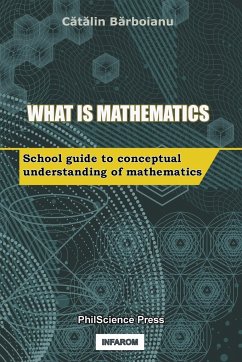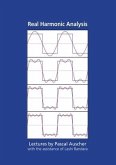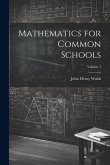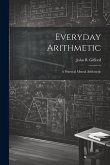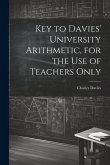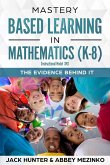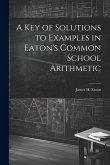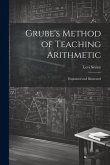This is not a mathematics book, but a book about mathematics, which addresses both student and teacher, with a goal as practical as possible, namely to initiate and smooth the way toward the student's full understanding of the mathematics taught in school. The customary procedural-formal approach to teaching mathematics has resulted in students' distorted vision of mathematics as a merely formal, instrumental, and calculatory discipline. Without the conceptual base of mathematics, students develop over time a "mathematical anxiety" and abandon any effort to understand mathematics, which becomes their "traditional enemy" in school. This work materializes the results of the inter- and trans-disciplinary research aimed toward the understanding of mathematics, which concluded that the fields with the potential to contribute to mathematics education in this respect, by unifying the procedural and conceptual approaches, are epistemology and philosophy of mathematics and science, as well as fundamentals and history of mathematics. These results argue that students' fear of mathematics can be annulled through a conceptual approach, and a student with a good conceptual understanding will be a better problem solver. The author has identified those zones and concepts from the above disciplines that can be adapted and processed for familiarizing the student with this type of knowledge, which should accompany the traditional content of school mathematics. The work was organized so as to create for the reader a unificatory image of the complex nature of mathematics, as well as a conceptual perspective ultimately necessary to the holistic understanding of school mathematics. The author talks about mathematics to convince readers that to understand mathematics means first to understand it as a whole, but also as part of a whole. The nature of mathematics, its primary concepts (like numbers and sets), its structures, language, methods, roles, and applicability, are all presented in their essential content, and the explanation of non-mathematical concepts is done in an accessible language and with many relevant examples.
Hinweis: Dieser Artikel kann nur an eine deutsche Lieferadresse ausgeliefert werden.
Hinweis: Dieser Artikel kann nur an eine deutsche Lieferadresse ausgeliefert werden.

